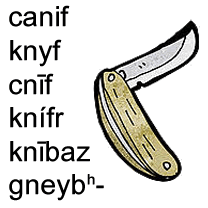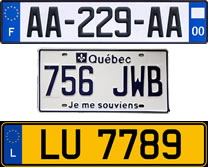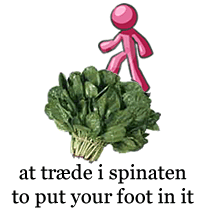For various reasons, I thought I would investigate a few disease-related words to find out where they come from.
Let’s start with virus, which comes from the Latin vīrus (poison, slime, venom), from the Proto-Italic *weisos, from Proto-Indo-European *wisós (fluidity, slime, poison). Virus used to mean venom as well, apparently [source].
Disease comes from the Anglo-Norman desese / disaise, from the Old French desaise (disease, deformity, melancholy), from des- (apart, reversal, removal) and aise (ease – lack of anxiety) [source].
In Middle English words for disease included adle, which comes from the Old English ādl (disease, sickness); and co(a)the, from the Old English coþu (disease). The latter continued to be used in some English dialects as coath (sickness, disease, pestilence) [source]
Pandemic comes from the Ancient Greek πάνδημος (pándēmos – of/belonging to all the people, public) and -ic (of/pertaining to) [source].
Epidemic comes from the French épidémique (epidemic), from the Latin epidemia (epidemic), from Ancient Greek ἐπιδήμιος (epidḗmios), from ἐπί (epí – upon) and δῆμος (dêmos – people) [source].
Isolation comes from the French isolation, from isolé (isolated, placed on an island) [source].
Hope you’re okay and coping with self-isolation, or whatever restrictions are in force / suggested where you are.






